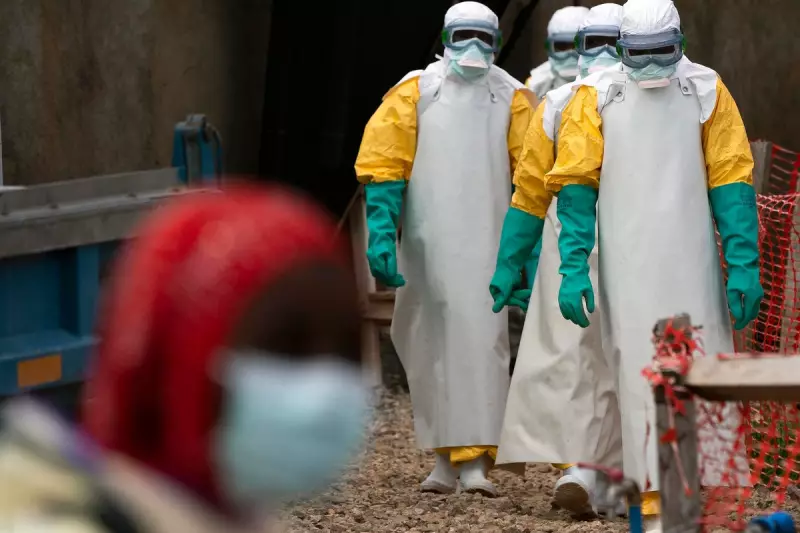
A new Ebola outbreak has been confirmed in the eastern region of the Democratic Republic of Congo, sending health authorities into a state of high alert. The World Health Organization (WHO) is coordinating a rapid response to contain the deadly virus after several cases were identified.
The cases were reported in the remote North Kivu province, an area with a history of confronting this fearsome virus. A swift health emergency operation is now underway, focusing on tracing contacts, isolating suspected cases, and protecting frontline health workers.
Recognising the Threat: Ebola Symptoms
The Ebola virus is a severe, often fatal illness. Initial symptoms can be sudden and include:
- High fever and severe headache
- Muscle pain and profound weakness
- Fatigue, sore throat, and vomiting
As the disease progresses, it can lead to internal and external bleeding, organ failure, and a significantly increased risk of death. Early medical intervention is critical for survival.
A Race Against Time
International health bodies and local teams are racing to prevent a larger crisis. The response leverages lessons learned from previous outbreaks in the region, including the use of:
- Ring vaccination strategies: Administering vaccines to all contacts of confirmed cases.
- Community engagement: Working with local leaders to share vital information and combat misinformation.
- Enhanced surveillance: Setting up checkpoints and monitoring systems to track the virus's spread.
The region's remote location and security challenges complicate the emergency response, making logistics and personnel deployment a difficult task.
This outbreak serves as a stark reminder of the persistent threat of zoonotic diseases and the critical importance of robust global health surveillance systems to detect and respond to pandemics swiftly.





